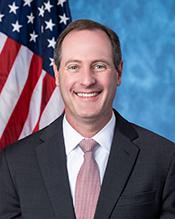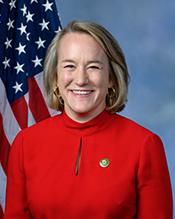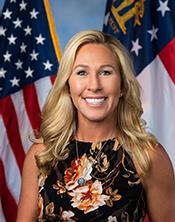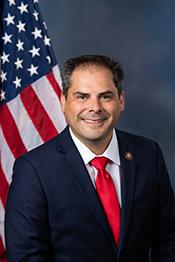H.R. 2867: Farmer First Fuel Incentives Act
This bill, titled the "Farmer First Fuel Incentives Act," proposes several amendments to the Internal Revenue Code related to clean fuel production, particularly focusing on the use of domestic feedstocks. Below are the key components of what the bill would do:
1. Prohibition on Foreign Feedstocks
The bill aims to prohibit the use of foreign feedstocks in the production of clean fuels that qualify for a specific tax credit known as the clean fuel production credit. Specifically, it seeks to amend Section 45Z of the Internal Revenue Code to ensure that any fuel eligible for this credit must be derived from feedstocks produced or grown in the United States. This change would take effect for transportation fuel sold after December 31, 2024.
2. Adjustments to Emissions Rate Determination
The bill includes provisions for adjustments to the calculation of greenhouse gas emissions related to clean fuel production. It stipulates that emissions calculations will exclude any emissions attributed to indirect land use changes, which are land use changes that occur as a result of the production of feedstocks. This amendment will allow for a more accurate representation of the emissions associated with clean fuels and will take effect for emissions rates published for taxable years beginning after December 31, 2025.
3. Extension of Clean Fuel Production Credit
The bill extends the eligibility period for the clean fuel production credit. The current expiration date of December 31, 2027, would be extended to December 31, 2034. This extension aims to support the ongoing development and use of clean fuel technologies within the country.
4. Rounding of Emissions Factors
The legislation also includes a provision to change the rounding of the emissions factor used for calculating the clean fuel production credit. The factor will be adjusted from 0.1 to 0.01, which may affect how emissions are quantified for fuel production. This change is intended to apply to transportation fuel produced after December 31, 2024.
Summary of Affected Areas
The central focus of the "Farmer First Fuel Incentives Act" is to promote the use of U.S.-produced feedstocks in clean fuel production, thereby supporting domestic agriculture and potentially impacting how clean fuels are produced and credited in terms of their emissions output.
Relevant Companies
- DAL - Delta Air Lines, Inc.: As a major consumer of jet fuel, any changes in fuel sourcing regulations could affect Delta's fuel procurement strategies.
- TSLA - Tesla, Inc.: While primarily known for electric vehicles, aspects of clean fuel production could influence Tesla's renewable energy initiatives.
- APL - Alpha Natural Resources, Inc.: As a potential producer of fuel alternatives, this company might see a shift in its operational focus towards domestic feedstock production.
This is an AI-generated summary of the bill text. There may be mistakes.
Sponsors
3 bill sponsors
Actions
2 actions
| Date | Action |
|---|---|
| Apr. 10, 2025 | Introduced in House |
| Apr. 10, 2025 | Referred to the House Committee on Ways and Means. |
Corporate Lobbying
0 companies lobbying
None found.
* Note that there can be significant delays in lobbying disclosures, and our data may be incomplete.


















